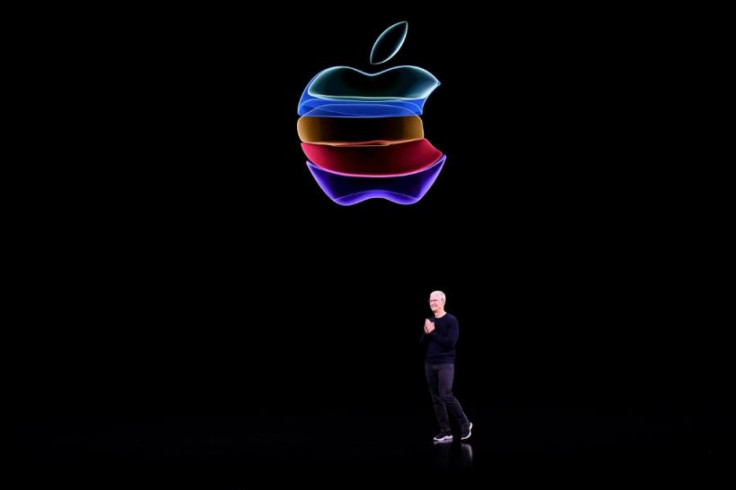Five Apple MacBook components denied tariff exemption
While some components got an exemption, others failed to do so.
Apple had confirmed last month that it has started to manufacture the redesigned MacBook Pro in Austin, Texas.
While US President Donald Trump did announce relief for some products, 10 components made the list, while five others failed to do so.
The US Trade Representative's Office refused to grant Apple's request for an exemption to these components, Bloomberg reported on Monday. One of these components is MacBook's optional wheels, which will cost 25 percent more than they presently do if they are imported from China.
Other components are also not minor ones – a circuit board for managing input and output ports, a power adapter, a charging cable and a cooling system for the device's processor did not make the cut.
According to the report, the USTR's office stated that it had sent Apple letters explaining that it failed to delineate how additional duties on such components will cause severe economic harm to its interests. Currently, there are no substitutes for such Chinese parts, so expect Macs and MacBooks to get a lot more expensive.
Apple being denied exemptions can have both negative or positive effects, both on the US economy and the company. If it finds a workable substitute for Chinese parts, whether it is made in the US or not, and doesn't increase costs, the Trump administration will count it as a win.
This move will directly put pressure on consumer-end manufacturers to find an alternative to Chinese manufacturing and find it fast. The US administration has started taking baby steps towards addressing the trade deficit between both countries and boosting US manufacturing. However, it is the cost part that doesn't seem to have any easy answer.
While manufacturing in China has got more expensive year on year, it is still a fraction of the cost of manufacturing in the US. Other countries such as India and Vietnam don't have the wherewithal to replace China.
However, the US administration seems to have started to moving away from China. It remains to be seen how this move pans out.

© Copyright IBTimes 2025. All rights reserved.





















